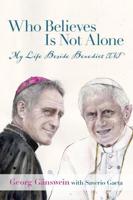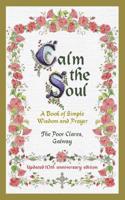Publisher's Synopsis
Gospel originally meant the Christian message, but in the 2nd century, it came to be used also for the books in which the message was set out; in this sense a gospel can be defined as a loose-knit, episodic narrative of the words and deeds of Jesus of Nazareth, culminating in his trial and death and concluding with various reports of his post-resurrection appearances.
The four canonical gospels of Matthew, Mark, Luke, and John share the same basic outline: Jesus begins his public ministry in conjunction with that of John the Baptist, calls disciples, teaches and heals and confronts the Pharisees, dies on the cross, and is raised from the dead.[4] Each has its own distinctive understanding of Jesus and his divine role: Mark never calls him "God", Luke expands on Mark while eliminating some passages, but still follows his plot more faithfully than does Matthew, and John, the most overtly theological, is the first to make Christological judgments outside the context of the narrative of Jesus's life.[5] They contain irreconcilable details, and attempts to harmonize them would be disruptive to their distinct theological messages.
This book is a collection of reflections on God's four Gospels. The reflections provide context, history, and suggestions to help us apply God's Word to our evolving lives. The words in this book are not aimed at or exclude any religion or denomination, the reflections are offered only with the hope that they may help you.









